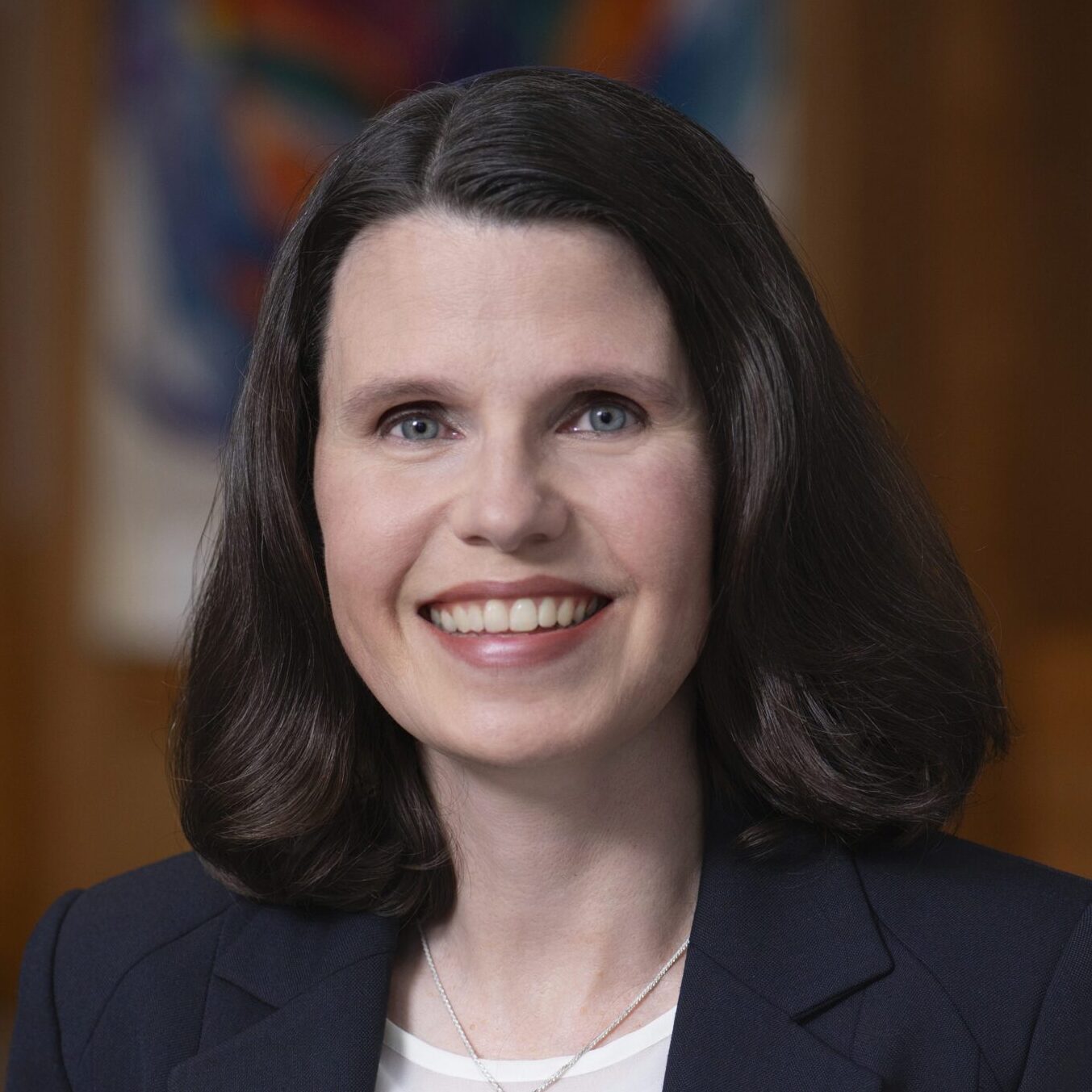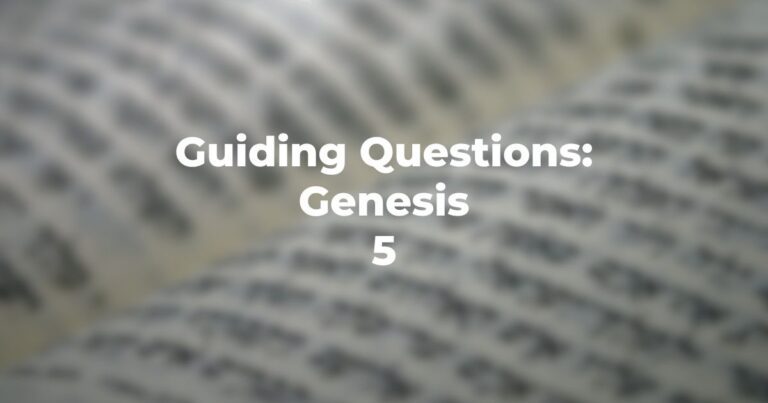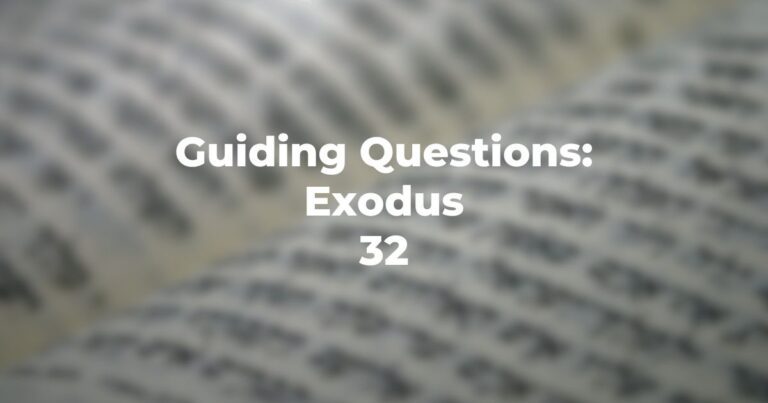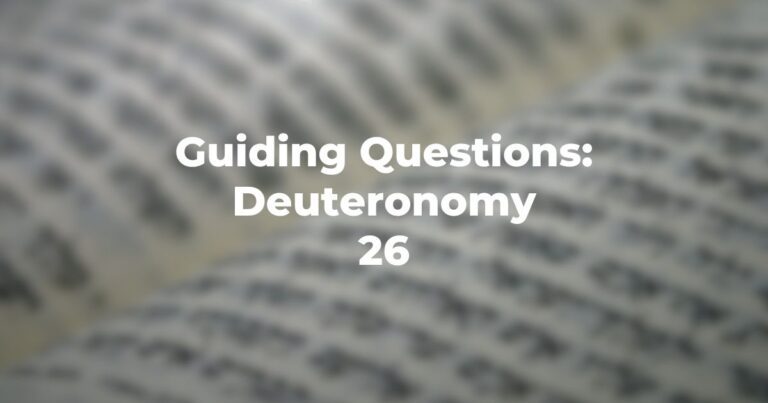Originally given as a senior sermon at JTS.
Trust the process. As a long-suffering Philadelphia sports fan, I am well acquainted with this phrase. For those of you who don’t know, this quote comes from Sam Hinkie, who served as the general manager for the Philadelphia 76ers from 2013 to 2016. During that time, things were not good. The only thing that was notable during the 2013 season was that the Sixers managed to tie the NBA record for most consecutive games lost in a season with a total of 26 in a row.
With a record like that, there was really no way for Hinkie or the Sixers to improve. So Hinkie decided to lose on purpose. His plan was twofold. First was to put the Sixers in a position to get the top draft picks. Second, and more importantly, Hinkie wanted to give the new draft picks he had acquired a chance to grow. He wanted to give them the time to learn and develop into the champions he knew they could be. He wanted them to forget about winning in the short term and learn how to believe in themselves for the long term.
Radical stuff, right? In professional sports, like the NBA, most people think the opposite and have unrealistically high expectations. If you are not a rock star right out of the gate, you are destined to fail and lose your job—which Hinkie did, after the 2016 season.
But his idea and principle live on. This is the idea of making investments in future successes by learning to believe in yourself. That taking the time to develop internal traits such as patience, hope, trust, and resilience have more long-term value than quick wins, allowing for the development of a lasting legacy instead of just a winning season.
This principle of trusting the process came up for me while reading this week’s parsha, Parshat Bo. For the past 430 years, the long-suffering Jewish people had been laboring under the heavy yoke of Pharaoh and Egyptian slavery.
However, at the end of chapter two in the Book of Exodus, G-d remembered G-d’s promise to Abraham, Isaac, and Jacob, and took note of Israel’s plight. Over the past two weeks, we’ve seen that things have started to change. We have read about Moses’ life; the call of G-d from the burning bush; seven of the ten plagues; and the hardening of Pharaoh’s heart.
After all that drama, the Israelites may have felt like the day of their freedom and redemption may never arrive. Perhaps, by waiting to hear the people’s cry, and by choosing Moses and coaching him in negotiating with Pharaoh, G-d was implicitly asking them to trust the process. Finally, in chapter 12, it seems that the time has come for Pharaoh to let the Jewish people go, allowing them to begin their journey from slavery towards freedom.
Most of chapter 12 involves the commandments relating to the Paschal sacrifice. But it was Exodus 12:2, that I found to be quite interesting and reminded me of Hinkie’s principle.
הַחֹ֧דֶשׁ הַזֶּ֛ה לָכֶ֖ם רֹ֣אשׁ חֳדָשִׁ֑ים רִאשׁ֥וֹן הוּא֙ לָכֶ֔ם לְחָדְשֵׁ֖י הַשָּׁנָֽה׃
This month shall mark for you the beginning of the months; it shall be the first of the months of the year for you.
Upon initial reflection, this verse doesn’t seem to be that extraordinary. Of course G-d would create the Jewish calendar. How else would we know when to celebrate Passover every year? But the timing of Passover is only part of this story. Another large part of this story is about our future. It is about the story of our redemption and, most importantly, our upcoming birth as a nation and as a people.
These points were not lost on our sages. They were particularly intrigued by this verse’s use of the word “Ha’Ze,” which in other contexts in the Bible suggests a physical pointing to something. So, they ask, who is doing the pointing, and for what purpose?
One interpretation comes from R.Yishmael: Commenting on “Ha’Ze” in the Mekhilta, R. Yishmael says: “That G-d was telling Moses to point out the new moon to Israel and said say to them: [Thus shall it (the moon) look and the new month be designated thereby for all generations.] When the moon looks like this, you and your descendants will designate the new month.”
In this interpretation, the new moon becomes a symbol of a new beginning. Sometimes it is difficult to see new beginnings as they are happening. Sometimes we are so used to the daily grind of what we have always known that it becomes nearly impossible to detect that we are actually moving forward. The Jewish people needed assurance through a clear and tangible sign that the time of their redemption had, in fact, arrived. But this moon is new and nearly hidden, not full and clearly visible. It would seem that through this symbol of assurance, G-d was telling Moses to invite Israel into the redemption process by asking them to trust where G-d is leading them. And like the new moon, this is a place that Israel cannot yet see for itself.
Rashi also makes a comment based on the Mekhilta, only this time it is from Rabbi Akiva’s interpretation of “Ha’Ze.” Rabbi Akiva interpreted that it was G-d who pointed the moon out to Moses. This interpretation implies that it was Moses who could not see the new beginning from the new moon. Which is why Rashi restates the verse as “The time when the moon renews itself thus(ly), shall be for you the beginning of the month,” reminding the reader that G-d pointed out the new moon to Moses.
Rabbi Levi Yitzchak of Berditchev expands Rashi’s comment in his work, Kedushat Levi. In observing that it was Moses who needed to be shown by G-d, Rabbi Levi wondered why did it matter to him (Moses) to know the precise moment when this renewal took place? Rabbi Levi believed that Moses was relying on the moon as a sign that all that G-d promised concerning Israel would occur during Moses’ lifetime. Moses wanted to see a big and bright full moon, not a barely visible sliver of a moon. He was concerned that maybe the sliver was not the sure sign of redemption he had been hoping for.
Rashi and Kedushat Levi’s comments seem to suggest that Moses also needed G-d’s assurance. If you recall from Parshat Shemot, Moses was under the impression Pharaoh would immediately release Israel after their first meeting. Instead, Pharaoh only made the lives of the Israelites more difficult. It was very natural for Moses to ask G-d, is this really it? Are we really leaving this time?
In all of these texts, G-d is using a very subtle sign of reassurance. It is not an overt statement of instantaneous redemption. Instead, it is like the still, small voice of G-d, a nearly invisible sign of what will come in the future. In this way, I see G-d asking Israel to trust the process; even though it feels like things are not moving forward or worse, moving in the opposite direction, G-d is still present in our lives and encouraging us to take the next step forward, even if we don’t always know where we are going or how long it will take to get there. G-d is asking us to invest in our future success by believing in ourselves and by believing in G-d’s plan for us.
These texts invited me to think about my own process of preparing for the future and what it took to get to this moment. And I realized that I have been blessed to take many long journeys of uncertainty in my life, including my current journey through rabbinical school. As I looked back over the past five years, I remembered so many challenges. There was COVID; January 6th; October 7th; three chaotic election cycles; two new Rabbinical School deans; and a new chancellor of JTS, just to name a few. Some days I really didn’t know if I was coming or going.
But, like the new moon, there were also really amazing subtle steps forward into becoming a rabbi. There were the long Sunday afternoons during the COVID lockdown when I would study the weekly sugya for class and feel the rabbis’ words coming to life before me. I remembered the many happy days of the semester I spent in Jerusalem, hearing the call of the shofar in the mornings on my walk to school. I recalled the pure bliss of celebrating the Shalosh Regalim in the Old City. It was in these sometimes elusive moments that I began to see G-d’s “Ha’Ze,” pointing out to me the holiness of my calling.
The most important thing I remembered was how much my perspective has changed. You see, initially I thought that being a good rabbinical student meant primarily knowing all of our sacred texts by heart; speaking perfectly fluent Hebrew; mastering Aramaic grammar; and solving all of the world’s problems. If I did all of those things correctly, I would have earned the right of ordination. Now that I am nearing the end of my time at JTS, I realize those things may be important, but they are not everything. I have come to understand that the internal attributes of faith, perseverance, resilience, and trust that I have honed during this time will serve me far better than the quick win of earning an A on a final exam.
Somewhere along the way, G-d used this long and interesting journey to show me how to appreciate the little steps forward and to teach me to trust the process: To teach me that we don’t need to have a dramatic sea-splitting journey in order to notice our steps forward; that we all have the ability to make investments in future successes by learning to believe in ourselves; that sometimes the smallest of moments can propel us towards the greatest of transformations.
Now this long journey of mine is nearly complete. Like the Israelites, I am hopefully awaiting my new beginning. In less than four months, this part of my journey will be over. Like the taste of maror with charoset, it is bittersweet. But I will always remember the time I have spent here. I will remember the lessons my teachers and fellow students have taught me. Because it was in all of these small holy moments of trusting the process that allowed me to give birth to my dream of becoming a rabbi.
Author
-

Alicia Rothamel is a fifth-year rabbinical student. During her time at JTS, Alicia served as a chaplain intern at the T’Shuvah Center as well as a rabbinic intern at Temple Beth Sholom in Cherry Hill, NJ. Prior to JTS, Alicia completed her BA in Jewish Studies at Temple University, where she earned two Samuel and Esther Goldin Awards for academic excellence. While completing her degree, she was an intern at the Anti-Defamation League’s Philadelphia office. Alicia is excited to be in her final year and is looking forward to ordination so she may fulfill her dream to serve the Jewish people.
View all posts




